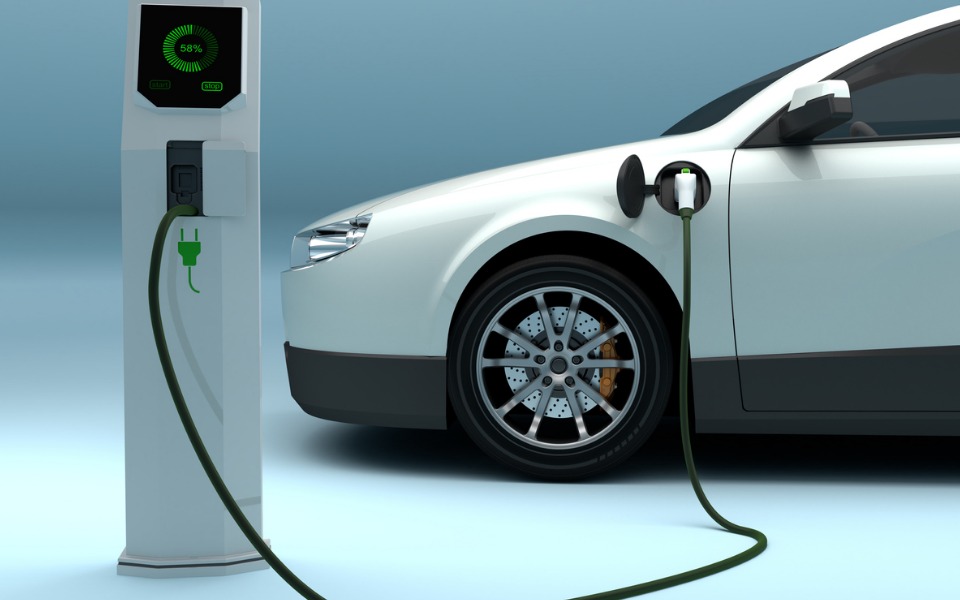
Shift to EVs might cost more jobs in the auto sector, says Ernst and Young

The woes being faced by the auto sector may get prolonged as shift to electric vehicles could mean more job loss, according to a report released by global auditing giant Ernst and Young.
The auto sector is currently under stress and is facing lay-offs, partial and total factory shut downs because of structural changes. This includes manufacturers moving to stricter BS-VI pollution control norms and lack of customer demand.
However, the biggest blow is likely to come from the auto sector’s shift to electric engines replacing the traditional internal combustion engines. This is because the number of components or parts used in an electric vehicle are far less in comparison with number of parts used for petrol or diesel-run vehicles.
According to Ernst and Young, there are only 20 moving parts in an electric vehicle (EV) against 2,000 in an internal combustion engine (ICE) vehicle. EVs are less complex to manufacture when compared to ICE vehicles with far fewer moving components and the battery constituting around 50 per cent of the value of the vehicle.
Though making the battery pack is complex, it is largely an automated process. Job loss might also trickle down to car dealer service companies and fueling stations.
Sujeesh, president of Ambattur Industrial Estate Manufacturers’ Association (AIEMA) said, “People working in the silencer industry, injection system and ICE production will have reduced volumes. This will reduce growth for ICE manufacturers. But if you ask me if electric vehicles will replace all ICE, it is again a big no. They will coexist. We will continue to have takers as people still like to use petrol-run vehicles.”
According to industry body Society of Indian Automobile Manufacturers (SIAM), the auto sector helps create around 37 million jobs. Last year, the companies under the leadership of Automotive Component Manufacturers Association of India (ACMA), said that 1.5 million jobs could be lost if there is a sudden shift towards electric vehicles. The ACMA in a note also mentioned that very few parts and materials of lithium ion batteries or electric motors can be procured in India.
In addition to job loss, there is a requirement for the employees to develop new skills, in line with emerging needs to manufacture electric vehicles.
“We have told our employees to improve their skill sets and we are also conducting skill transfer programs. Though job loss is not expected in the near future, the assembly shops we have now will not exist after some years. If 200 people are working in the assembly line, we might only need 40 in the future. So, the employee who is unable to adapt will end up losing the job,” said a union leader at BMW plant in Chennai on condition of anonymity.
Similar problems can already be witnessed in growing EV manufacturing countries like the US and EU. General Motors CEO Mary T Barra announced the company’s plan to cut almost 14,000 jobs in five plants in North America by end of 2019, citing transformation to EVs as the reason.
The UAW (United Automobile Workers), a union representing workers in the United States came up with a study saying electrification may cost 35,000 members their jobs.
The Indian market for EVs is relatively small. During the end of 2017, SIAM came out with a report stating that pure electric vehicle penetration is quite low in the country. It constituted 0.1% of passenger vehicle and 0.2% of two wheelers. A Bloomberg NEF report states that the EV penetration can touch upto 6% by 2030.
“The government should plan for alternatives before taking decisions. Before switching to electric vehicle, they could have pushed to bring natural gas an alternative. Even if the plan was to shift to EVs, the government should have started with promoting development of more hybrid engines that can run using battery and petrol,” says A Soundararajan, Tamil Nadu President, Centre of Indian Trade Unions (CITU).
The ACMA made a similar requested to the government. The requested for a gradual adoption to EVs and promotion of electrification of power trains, rather than an abrupt shift to pure EVs.

